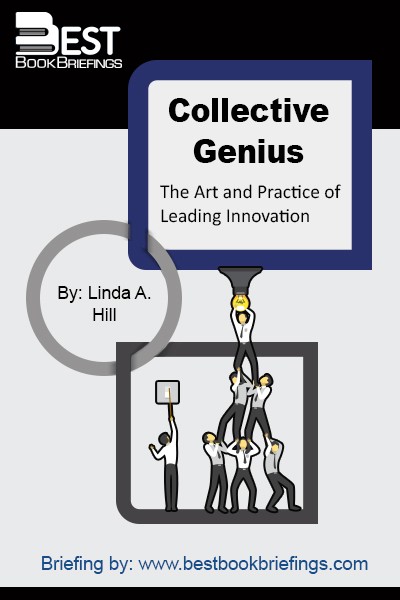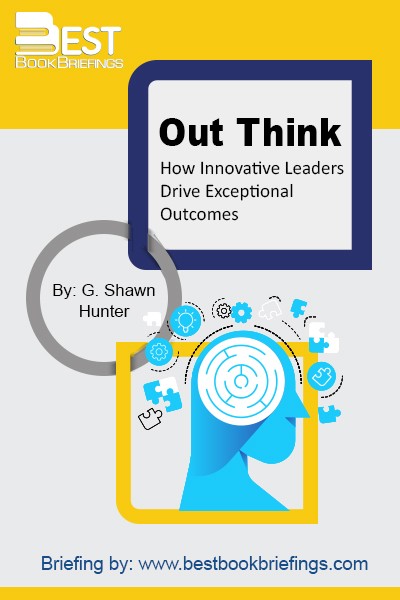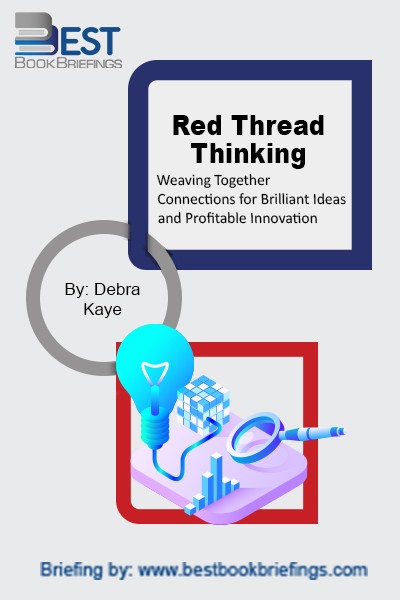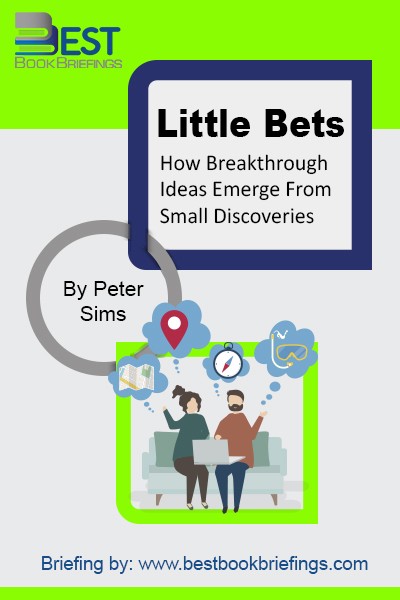Little Bets
How Breakthrough Ideas Emerge From Small Discoveries
Number of pages: 224
Publisher: Free Press
BBB Library: Creativity and Innovation
ISBN: 9781439170427
Editorial Review
Little Bets is based on the proposition that we can use a lot of little bets and certain creative methods to identify possibilities and build up to great outcomes. At the core of this experimental approach, little bets are concrete actions taken to discover, test, and develop ideas that are achievable and affordable. They begin as creative possibilities that get refined over time, and they are particularly valuable when trying to navigate amid uncertainty, create something new, or attend to open-ended problems. When we can’t know what’s going to happen, little bets help us learn about factors that can’t be understood beforehand.
Book Reviews
Books on Related Topics

Too often, innovation is reduced to a series of brainstorming sessions. Here’s the problem; evidence shows that such techniques do not actually lead to better outcomes. A number of years ago, we researched innovation efforts in industries such as manufacturing and services. A full 95% of these efforts failed. A glance around

Volumes of research were conducted on innovation, and as many or more on leadership, but almost nothing was done on the connection between the two. Why is this so? Perhaps practicing leaders and management thinkers have simply assumed a good leader in all other respects would be an effective leader of

Organizations are succeeding by being open to innovation. Amazon went from being an online bookseller to a powerhouse when it started offering a wide variety of web-based services. Google and Apple have added a host of online services to their core competencies. And Toyota has enjoyed a decade-spanning, market-dominating run owing

The hallmark of originality is rejecting the default and exploring whether a better option exists. The starting point is curiosity: pondering why the default exists in the first place. We’re driven to question defaults when we experience vuja de, the opposite of déjà vu. Déjà vu occurs when we encounter something

The bottom line is that some ideas are worth remembering; they stick to our minds and won't let loose. Some other ideas sink in the ocean of ideas. This is true, regardless of the authenticity of the idea itself. That is why we might hear an idea, follow it for years

Red Thread Thinking teaches you to activate your own knowledge and resources to make better connections, have more and superior insights, and apply history as a valuable source for future-leaning innovation--without the need for high-cost development.



